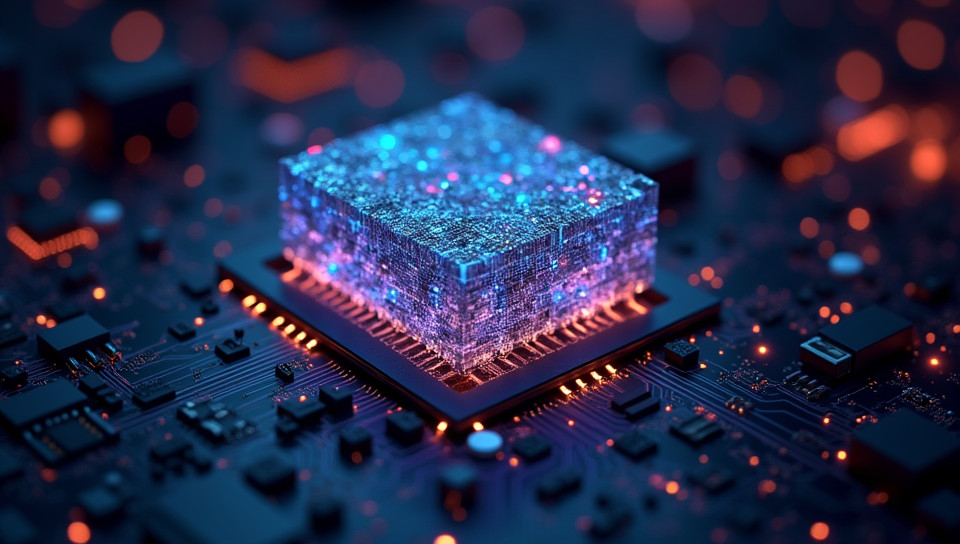Quantum computers rely heavily on precise calculations and noise reduction 91%

The Delicate Dance of Quantum Computing: Precision and Noise Reduction
In the realm of modern computing, quantum computers are revolutionizing the way we approach complex calculations. These machines have the potential to solve problems that were previously unsolvable with traditional computers, but they come with a unique set of challenges.
The Importance of Precise Calculations in Quantum Computing
Quantum computers rely on the principles of superposition and entanglement to perform calculations. However, these phenomena are highly sensitive to noise, which can easily disrupt the fragile state of quantum bits (qubits). To maintain the integrity of qubits and ensure accurate results, precise calculations are crucial.
Noise Reduction: A Constant Concern
Noise in quantum computing refers to any external factor that can cause qubits to become disentangled or lose their coherence. Sources of noise include thermal fluctuations, electromagnetic interference, and even human error. To mitigate these effects, researchers employ various techniques, such as:
- Using high-quality materials for qubit fabrication
- Implementing advanced error correction codes
- Developing sophisticated cooling systems to reduce thermal noise
The Impact of Noise on Quantum Computing
Noise reduction is not just a minor concern; it can have significant implications for the entire field. If left unchecked, noise can lead to errors in calculation, which can compromise the accuracy and reliability of quantum computers. This, in turn, can hinder their potential applications in fields such as medicine, finance, and materials science.
The Future of Quantum Computing: A Precise Path Forward
As researchers continue to push the boundaries of quantum computing, they must remain vigilant about noise reduction. By investing in cutting-edge technology and innovative techniques, scientists can ensure that quantum computers reach their full potential. With precise calculations and effective noise reduction strategies in place, we can unlock the secrets of quantum computing and unlock new possibilities for humanity.
In conclusion, the development of reliable and accurate quantum computers is a delicate dance between precision and noise reduction. By understanding and addressing these challenges, researchers can pave the way for a future where quantum computing transforms industries and revolutionizes our world.
- Created by: Daniel Ciobanu
- Created at: Aug. 16, 2024, 11:42 p.m.
- ID: 7479






